Frith's Gardeners
Frith's Gardeners are a broad-ranging, loosely organized group of urban gardeners. Since their humble beginnings with the guerilla gardening and community gardening movements, they have become a respected voice in urban planning in the Lapin Protectorate, with the support of the Lapin Crown and the personal patronage of Princess Rowean.
Structure
Frith's Gardeners are, at heart, a dynamic grassroots movement. Each city, or sometimes even each city district, has its own "Patch" that tries to meet local needs with solutions that are personally tailored to the given situation on the ground. Some focus their efforts on establishing guerilla gardens in places with unused land and food deserts. Others focus on creating large community gardens to feed the local population. Still others work to protect local green spaces, or focus on maintaining food security during uncertain times or natural disasters, especially during the Word Wars in November. They often partner with local artists to beautify neglected urban areas into spectacular decorated green spaces.
Each Patch nominates a representative to the "Collective Council," which meets quarterly, usually online, to discuss the needs of the organization as a whole. They decide which projects need the most funding and how to approach the Lapin Crown to request this funding. They also organize fundraising efforts through nationally coordinated door-to-door and social media campaigns. They eschew more traditional methods of acquiring funding in a capitalist society, such as paid-for advertising, phone campaigns, and holding events geared to wooing large donors. Most Patches prefer to canvas for volunteers at the local level, rather than fundraising.
As a result of this structure, organization tends to be very much a bottom-up approach, as opposed to a top-down one. The Collective Council doesn't issue directives. Instead, they figure out how local Patches can coordinate to assist one another when needed.
Any community gardening or guerilla gardening movement can petition to join or form a Patch. If they are forming one, they are required to have been working together consistently for at least a year.
This somewhat chaotic structure sometimes leads to local Patches collapsing in the face of personality conflicts. On the other hand, it is much more locally directed, and every Gardener feels like their voice is heard and their contribution matters.
Princess Rowean meets with the Collective Council each quarter, and Queen Sable Aradia attends occasionally as well.
Culture
Guerilla gardening and community gardening are part of a countercultural, anti-capitalist movement with its origin in the Flower Power movement of the 1960s. As a result, there are still strong countercultural, anti-establishmentarian currents among the Gardeners. Meetings tend to involve music, art, and theatre as well as the conducting of business and political rhetoric. Traditionally, anyone is able to speak, and agreement is indicated by "twinkling" (flashing one's hands like a twinkling star.)
Patches tend to accept anyone who is tolerant of others, work hard to ignore class hierarchies, and incorporate accessibility considerations for disabilities and neurodiversity. Members include small farmers, hippies, artists and creatives, religious groups, activists, anarchists, rebels, grandmothers, preppers, Pagans and New Agers, environmentalists, and natural living advocates. While Crown support, and direct experience with the collapse of societal structures in recent years, have earned the Gardeners much more mainstream support than they would have had in different times, it is still these countercultural factions that shape their internal culture.
History
The Guerilla Gardeners Charitable Society, commonly known as "Frith's Gardeners," began as a grassroots movement in the 1960s in either New York City or Berkeley, California. A movement to create food gardens in otherwise unused urban settings became popular on the West Coast of North America and other places around the globe, gaining significant momentum in the 1990s. The theory was that instead of ugly, undeveloped urban lots, such spaces could be filled with green, growing things, and if they were edible green growing things, they would also help to provide food security for the poor and hungry.
This closely aligned with the community garden movement, which inspired people to plant gardens in community-owned spaces, and share the responsibilities of care and the bounty of the harvest. Community gardens were also influenced by "victory gardens," a government-promoted initiative to plant gardens to supplement food security and raise morale during both World Wars in the US, the UK, Canada and Australia.
"Guerrilla gardeners" began to plant common garden crops on undeveloped lots, untended street corners, even chronic potholes or dirt mound meridians on highways. Some cities cracked down on this movement, which was technically trespassing or vandalism, believing it would make unhoused people more likely to congregate in such areas, and thus, lead to an increase in crime.
Others, however, embraced the idea, often because the movement was so popular in certain cities that opposing it would have been political suicide. By the mid 2010s, many urban centers had even created zoning laws for urban gardening.
The North American West Coast, with its reputation for supporting liberal ideas, became a hotbed of urban gardening. It also became quite popular in major cities in Ontario and New York State. Within the future Lapin Protectorate, Berkeley, San Francisco, Los Angeles, Welland, Hamilton, and Vancouver were particularly enamoured of the idea. Vancouver was also widely known for its infrastructural design philosophy that actively incorporated green spaces in its urban environment, a technique now known in urban planning around the world as "Vancouverism."
In the wake of the zombie apocalypse of 2020, when supply chains, trade access, social safety nets and food security collapsed in much of the world, leading to the collapse of most of the G7 and thus, the economy, guerilla gardeners and community gardens often filled the gap and helped people to make it through those hard and uncertain times.
With the establishment of the Lapin Protectorate in 2021, a collective of large urban gardening groups approached the Lapin Crown with suggestions on how to incorporate their work into the rebuilding of those safety nets... and they found sympathetic long ears in Queen Sable and Princess Rowean, who had long supported such efforts, dating back to at least their involvement with the Occupy Movement. The Lapin queen and princess listened to their suggestions, passed laws that facilitated their work, and helped to support their efforts with government funding. "Frith's Gardeners" were established by Royal Fiat as a Crown-supported Registered Charity in early 2022.
Following the establishment (or re-establishment) of Parliament in the Lapin Protectorate in October of 2022, which limited what the two royals could do without Parliamentary budget approval, Princess Rowean became the Gardeners' official Royal Patron, and the Bunny Queen reconfigured the military budget to continue to assist their efforts by justifying it under the Lapin War Measures Act. Her argument was that food security was essential to the safety and security of the Lapin people, especially during the Word Wars in November, since living troops require food and The Undead Horde does not.
Frith's Gardeners had a chance to truly shine in response to the food security crisis created by the Meteor Swarm strikes of the The Third and Fourth Word Wars, and the strain on food supply caused by The Great Migration. Their work contributed significantly to the Lapin Protectorate's ability to navigate the crisis, along with the Ailurus Storehouses , rationing, and unprecedented cooperation between The Great Houses.
Lapin urban planning, particularly in California, Ontario, and British Columbia, continues to incorporate ideas and efforts of the Gardeners.
WIP
Streamer
Missing
Status: Location Unknown
Deceased
Status: Deceased Character
Retired
Status: Retired Character or Article

Grow to Grow
Origin of a Name
They're doing the work of Frith's own gardeners. I'll support them any way I can.And the name stuck.
Founding Date
March 2022
Type
Activist, Charity
Alternative Names
The Guerilla Gardeners Charitable Society
Demonym
Gardeners
Ruling Organization
Location
Related Species


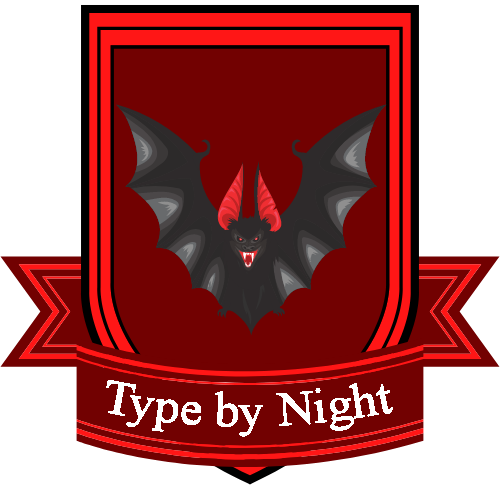





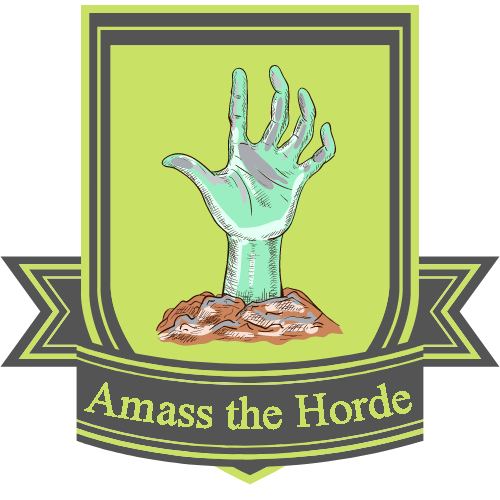




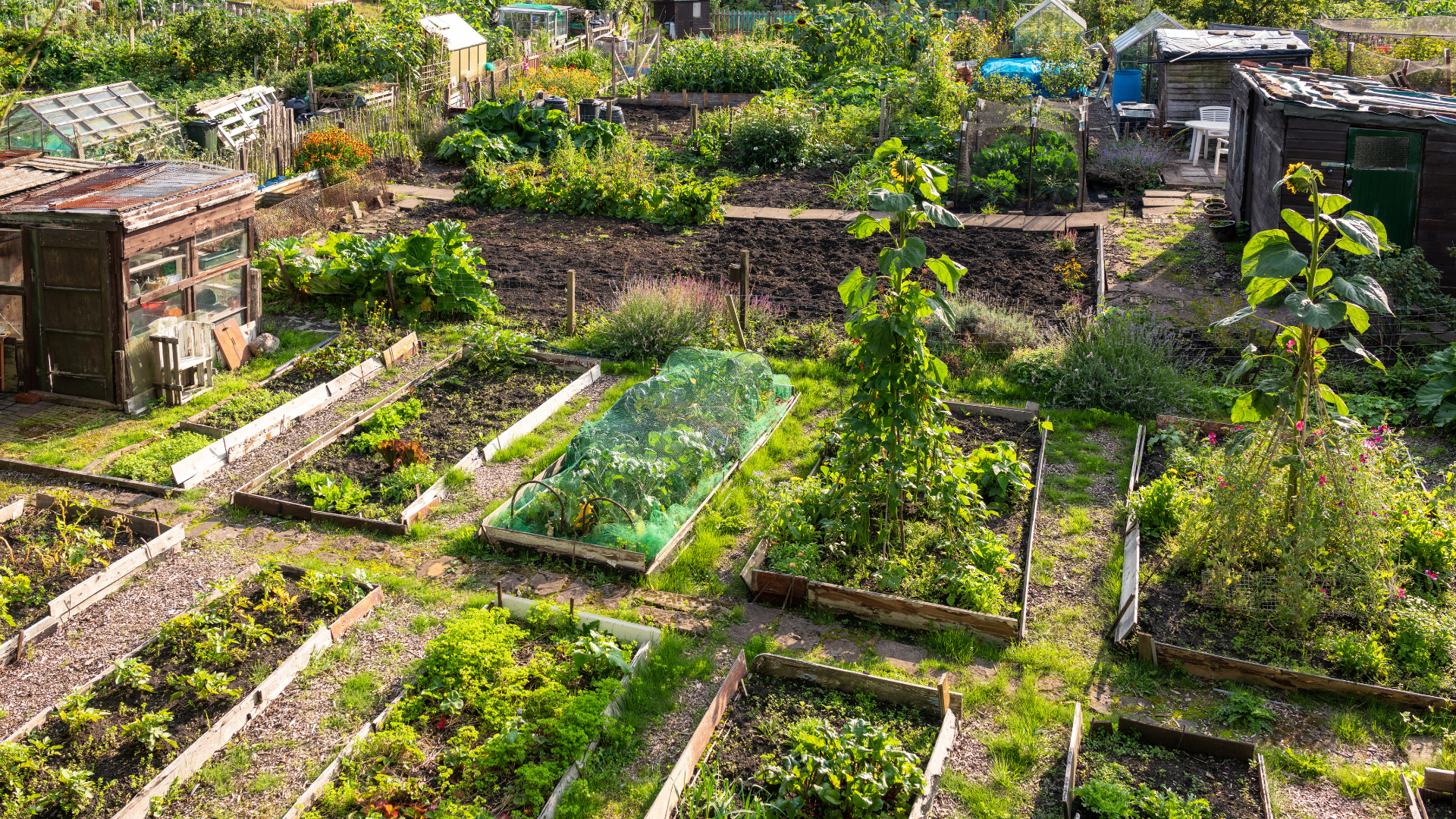
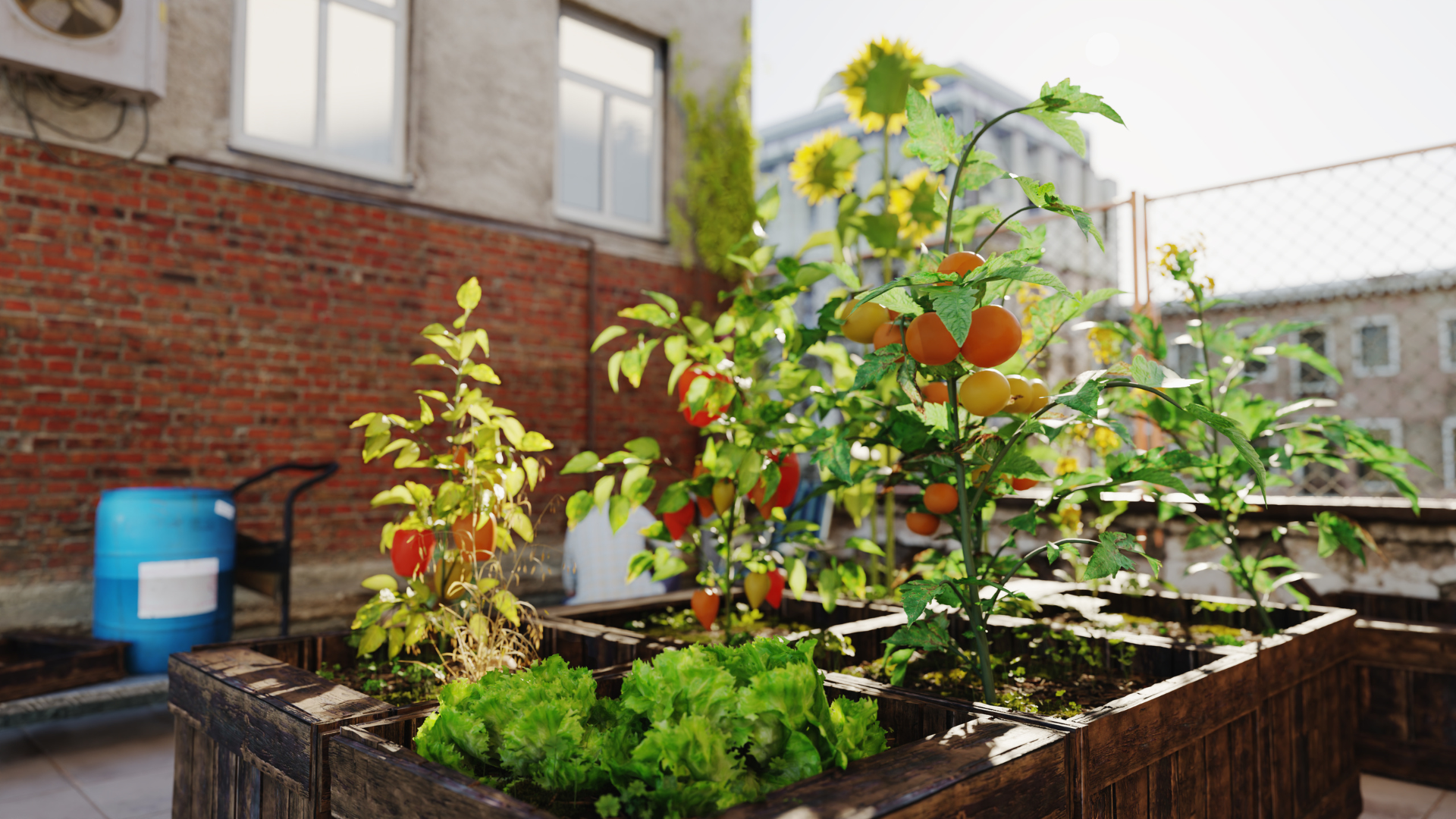
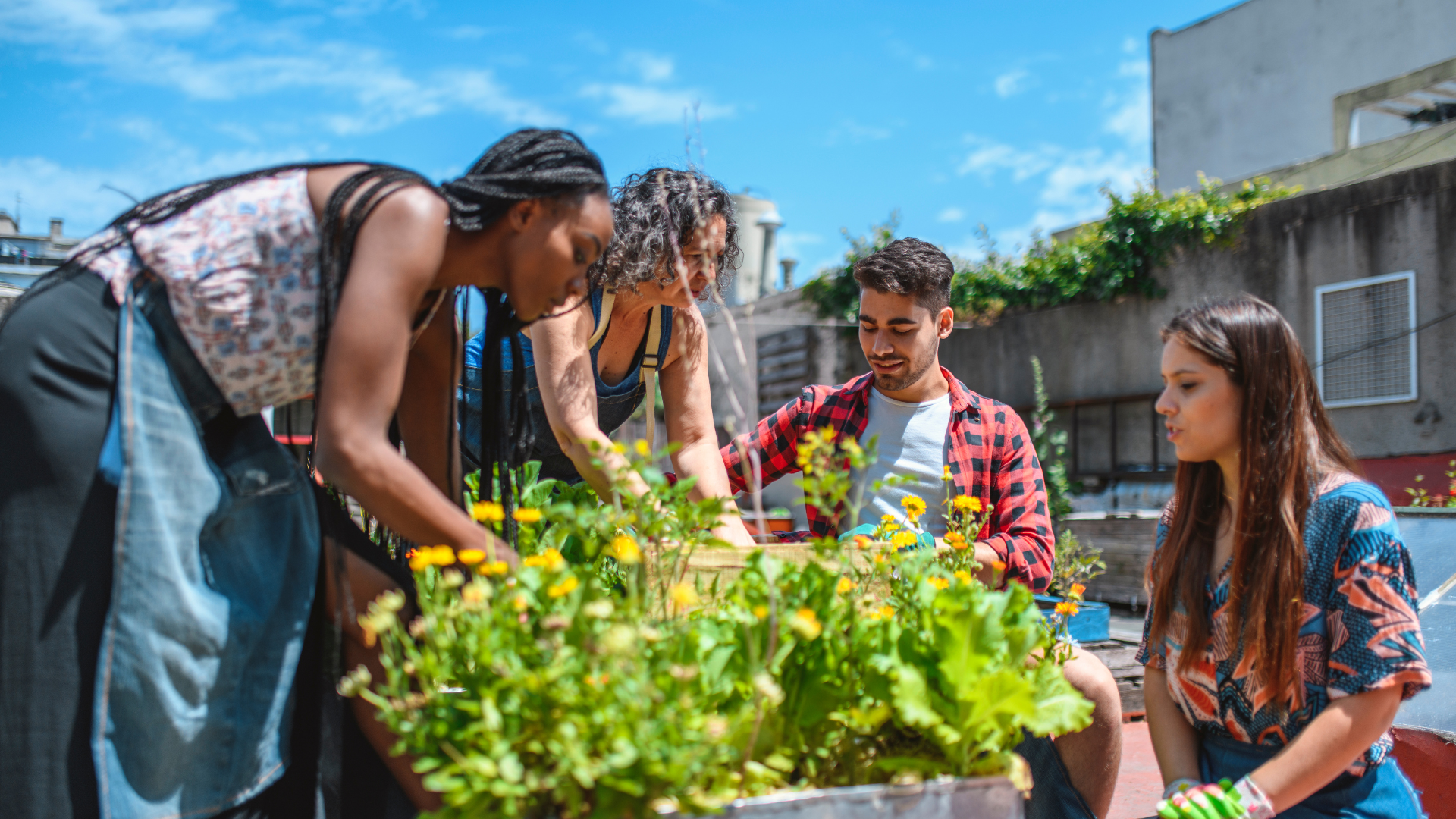



Between guerilla gardening and this amazing logo, I was awestruck. Great work !
Thank you! I love the guerilla gardening movement and I think it should be everywhere.